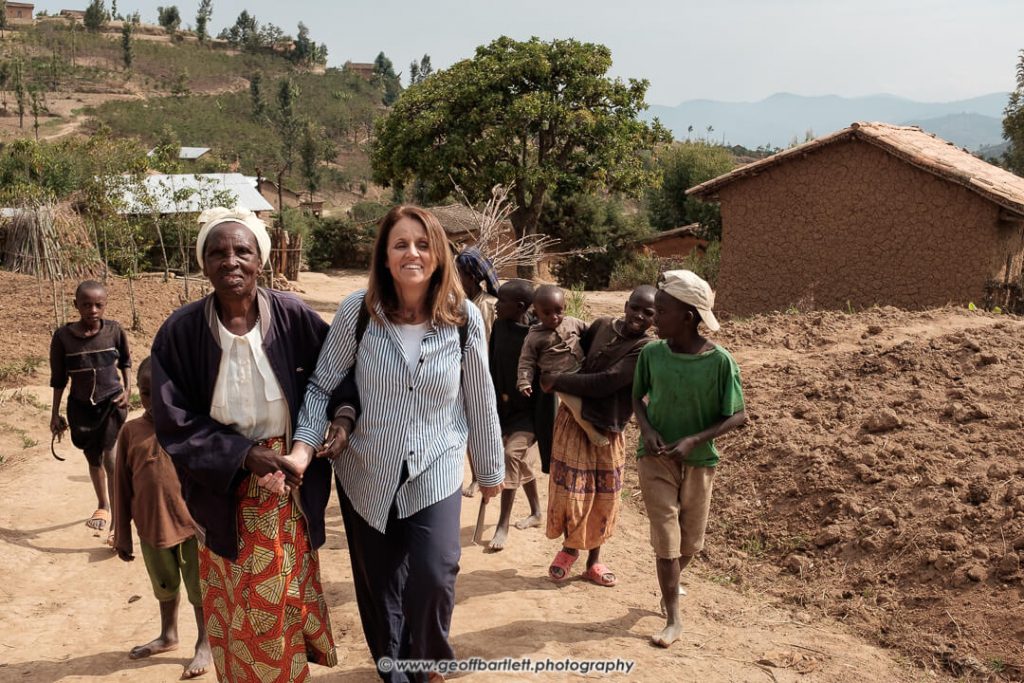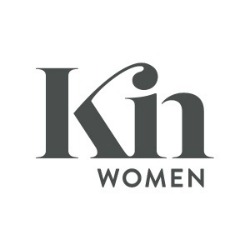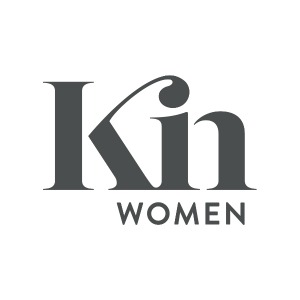
I am thinking through this phrase.
Break the bias.
What is bias? Bias…an inclination or prejudice for or against one person or group, especially in a way considered to be unfair (Oxford Dictionary).
And given that it is International Women’s Day, we are looking at the bias towards women. Is it for or against? I have seen it and lived it for more than 60 years. And for the most part, it has been against. And I have found that difficult. Not because it is hostile or condescending or conciliatory. Not because it is high powered or confronting. Sometimes they are the easier occasions to understand the misunderstandings or points of difference. I have found it difficult to accept the lack of EXPECTATION around my capacity, insight or contribution – and that of women in all kinds of situations and contexts. And the lack of OPPORTUNITY to discover what I could bring to the table.
In the western world, women can be found in the management and even executive level of leadership, yet still remain statistically excluded from the board room, CEO roles and inner sanctums of decision making. Quite frankly, I find that nuts.
But it’s in the developing world that my heart aches for women. In terms of access to equality, I consistently see confronting scenes or practices. I see women confined to living in a hut with animals, coming well down in the pecking order after men, children and livestock. I see them beaten and shamed for their appearance, hygiene and lack of contribution to the household. I see them bear the brunt of hopelessness, disappointment and frustration. And I see them as outsiders to community and decision making within their homes and villages.
So, I ask myself, what lies at the heart of these actions and systems?
I have come to believe that along with fear and power comes a lack of belief in the capacity of women. Women in the developing world are often seen as being unable to address, there or less, solve their own poverty. Within their communities, this looks like being shut out of decision making and allocated the most menial roles without protection or value.
But outside of their communities, NGOs and aid agencies, too often apply the same belief with a different face. We step in and educate their children, inflate their wages, provide food and shelter, order goods we do not need nor want, provide infrastructure they neither need nor want, and do it all in the name of love and care. But the belief remains and is even been reinforced, “we do these things for you because you cannot do them for yourself”.
The bias, the prejudice, is a lack of belief and EXPECTATION which overflows into providing goods and services rather than resourcing OPPORTUNITY and growth.
But here is a snippet of what happens when we #breakthebias:
- Rwanda changed constitution in 2003 requiring every informal or formal committee to have minimum 30% women – parliament now 65% women – highest in the world
- Foxglove’s Grassroots Rwanda program started women’s self help groups in rural Rwanda helping women to start micro businesses and group collectives
- 23,000 women now providing family’s basic needs (education, health cover, 3 balanced meals)
- Grassroots Women taking up roles as village chiefs
- Numerous Grassroots Women appearing on district councils as village representatives for economic development and community action
- Foxglove is seeing over and over again that every woman who escapes poverty takes 5 to 9 others with her and that starts with her own household.
One day I was interviewing Josephine. A woman who over four years had established a small business supporting all of the basic needs in her home (education, private health cover, home plus animal hut), risen in community stature to lead 200 women in women’s self help groups, represented her village on the district council for economic development, and developed a vast network of friends and colleagues leaving her never needlessly alone. I asked her the biggest difference that had come from her business growth and community standing, she barely needed a moment to think, “Now my children ask my opinion.”
That was it in a nutshell. In providing for her children, she had become the source of inspiration, learning and knowledge. She was the leader of the generations to come – she knew it and they knew it.
And I was reminded of her courage and capacity when OPPORTUNITY and EXPECTATION come to her home.
She makes her way.
And I am a believer.
#breakthebias#believeitspossible#foxglovebelieves


Such a great article and so true – would love to see Foxglove over in the Solomon Islands. Happy to chat if that would be a possibility? Shauna 🙂
From my experience helping alongside women who were victims of domestic violence in the Solomon Islands, there seems to be no expectation that life can be different to what it is, with bride dowries playing a big role in diminishing ones self worth. I believe “Empowerment” has to be the overriding word if we want to extend a hand, leading from behind and not in front, and most importantly listening to what needs actually need to be met, rather than bringing in our western ideology’s. I “expect” women in developing countries to do extremely well if given the right “opportunity” ? May opportunity rise up in the lives of women all across the world today!! ?